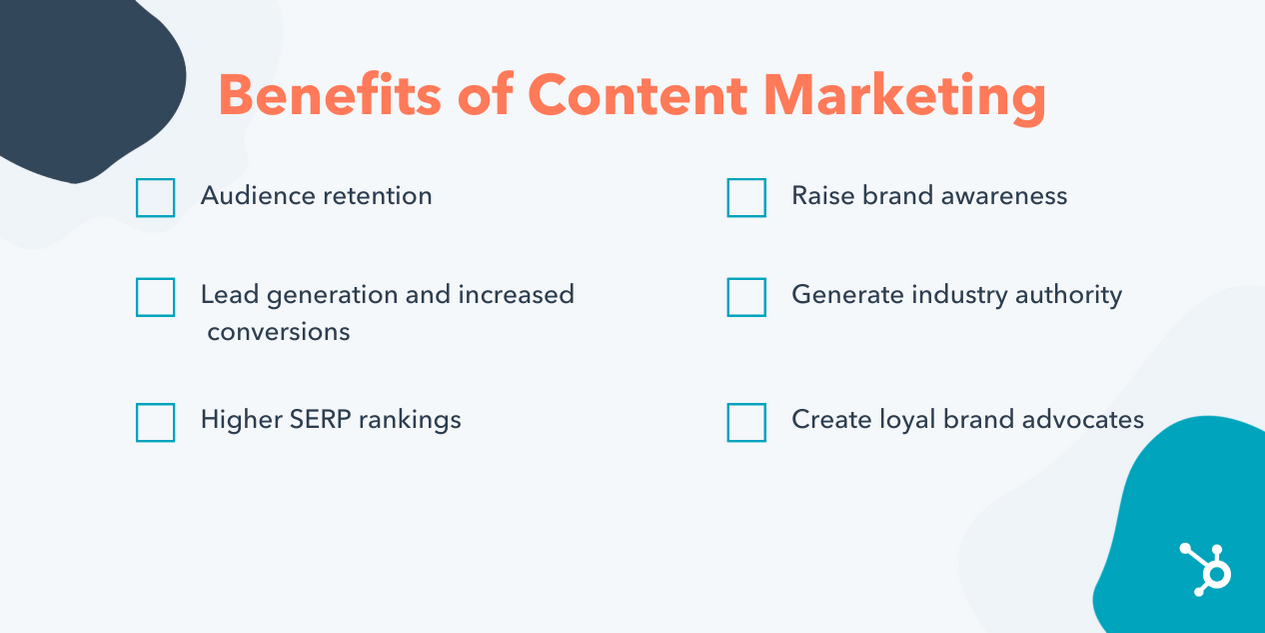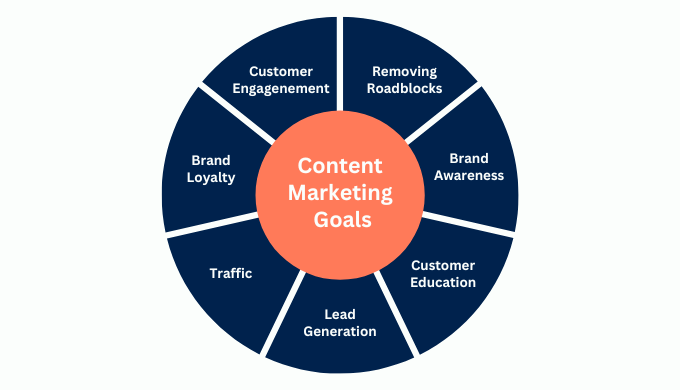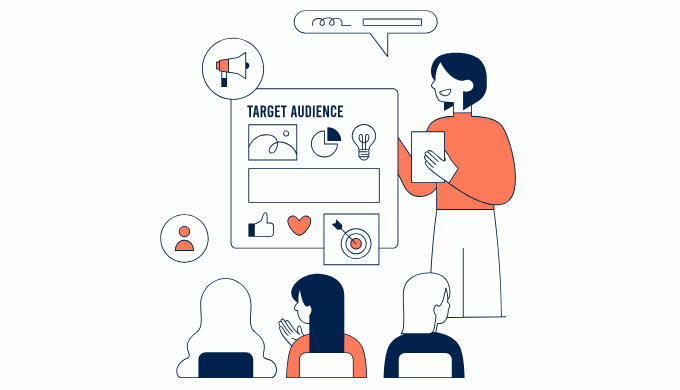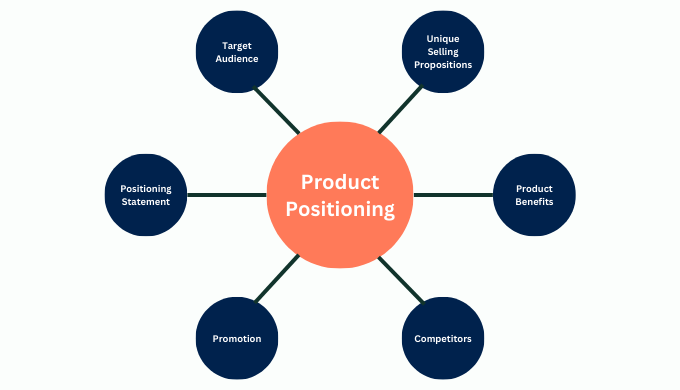Navigating through the SaaS market can be very tricky and difficult. It is not like an everyday business. Having a good product is great, but to attract and convert customers, you must communicate and demonstrate its value to them and how it stands out among other options in the market. Content marketing is foundational to the success of SaaS companies.
Here is a complete guide for you to ace content marketing strategy for your SaaS business.
What is SaaS Content marketing?
SaaS (software as a service) content marketing involves creating and publishing consistent and value-driven content specifically tailored to attract, educate, and engage your target customers, whether individuals or organizations who would benefit from your software.
You bring in customers by addressing their pain points and questions at each stage of the buyer's journey.
SaaS content marketing is unique as it requires a good understanding of your product before purchasing. Unlike a physical product, your customer can not touch it. They are constantly consuming industry content and educating themselves about different products and features. SaaS companies must create quality educational content to build trust and reputation. To stand out, you must establish yourself as a thought leader in the market.

Source: Hubspot
Importance of SaaS Content Marketing
To operate in a highly competitive market, content marketing is key for SaaS companies. Unlike a physical product, your customer can not touch it. It is more complex since it involves constant changes and upgrades as well.
Companies must build credibility, especially since SaaS buying decisions often involve stakeholders like decision-makers, users, and influencers across the organization. Mostly, these decisions involve more than one person, and they definitely will not be making impulsive decisions.
They are going to research well before finalizing their decision, and before coming to you, they will already have educated themselves enough on what is available out there in the market.
Why do SaaS Companies need Content Marketing?
SaaS products often include new concepts and processes, which can get very technical. They need clear and in-depth explanations. By creating good content, companies can shorten their sales cycles and lower the learning curves of their customers. By creating educational content like blogs, guides, demos, and tutorials, companies can reduce the barrier to entry for new customers, especially if their product is new and complex.
Your target audience is mostly researching, so it is extremely important to create relevant content at the right time to guide your customer at each stage of the SaaS customer lifecycle or buyer journey. Content marketing helps SaaS companies not only to educate, build trust, nurture, and retain customers but also to create loyalty by reducing the churn rate.

Steps to Crafting a Strategy that Stands Out and Converts
In SaaS markets, product quality and customer understanding go hand in hand; a great product alone isn’t enough if it doesn’t address the customer’s needs. This factor alone should pivot your content marketing strategy.
Crafting a strategy for SaaS inbound marketing that stands out requires understanding your target audience and crafting well-curated and aligned content for each step of the funnel. Here are 8 steps that can help you in stepping up your game:
Understanding your Target Audience
Defining your target audience is a foundational step to crafting a good content strategy. A one-size-fits-all approach does not work since needs and pains differ a lot with slight variations in your audience. To make your content strategy work, you first need to define and have a good understanding of your target audience. If you're offering a premium product, your content and targeting strategy must reflect the purchasing power and priorities of your ideal customer.

Content Strategy Aligned to the Buyer's Journey
It is very crucial to know the pain points of your customers at all of the buyer’s journey stages. Your content should address them all to ease their transition through the stages and speed the conversion.
There can be many problems your customers can face at different stages, like failing to understand the connection of your products with their problems, difficulty in understanding the technicalities of your product, being overwhelmed by the onboarding process, confusion in pricing and plan selection, data security, and compliance issues. SaaS products have longer sales cycles, and this can help shorten them.
Positioning Your Product in an Overcrowded Market
Creating a distinct positioning in the market is very crucial since the customer is the king, and your positioning should be rooted in addressing their pain points and needs. Identify what sets your product apart from others.
Your product can have some distinct features, a unique problem-solving capacity, or a specific industry focus, or it can be an entirely new solution. All of your content should communicate your uniqueness and value proposition across all channels.

Adapting to New Trends
In today's fast-paced world, to stay relevant, you need to keep up with the new trends and adapt to them quickly. Industry leaders can also become irrelevant if they fail to keep up with new trends and challenges. In this process, companies must make sure their product performance is not affected by any new changes.
Most companies fail to maintain consistency in their products, as new trends and updates can be very technical and complex. This is a point where companies lose a lot of customers, and companies should tread very carefully. If adaptations are fast and smooth, it can attract new customers, which is a win-win.
Presence on the Right Channels
There are many channels available, and each of them has a different audience and comes with many pros and cons. It is crucial to select the right channels that align with your product and audience so that your content reaches the relevant audience at the right place and time. You might be publishing great content, but on a platform that your target audience does not frequent much. This renders even the best of content useless.
Be an Expert in your Field
For SaaS companies, it is very important to build trust and reputation with their audiences.
Your platforms should be literal content hubs for your customers so that they do not feel the need to go to your competitors for any answers. There should be content for every use case, scenario, problem, and feature. It gives you a great advantage over others since your company will be seen as an authority in your field.
Demos and Reviews
While educating your prospects about your business and product is important, they can not make up for the credibility that demos and especially reviews offer. Sharing demos and reviews provides social proof and helps prospects evaluate your product’s fit for their needs.
It clears many ambiguities and answers customers might be looking for the gaps that your product can fill. Your content strategy should be loaded with them wherever possible, and it should be well distributed across all the right channels.
Creating Content for Existing and New Customers
Acquisition of new customers is essential for growth, but retaining the existing ones is just as important. SaaS companies should create informational, product-focused, nurturing content for new customers or provide informative and knowledgeable content with marketing automation, feature adoption, onboarding, and support content for the existing ones. It is extremely important to demonstrate continued value through your content marketing to retain customers.

Conclusion
Content marketing should be the core focus of SaaS companies. It requires broadening the focus of your content strategy from your product to include your customers' pain points and industry trends.
If you make your strategy by following the aforementioned steps, you can shorten your sales cycles and the learning curve and decrease your churn rate. With the help of an effective strategy, you can position your company well in the market and tap into your target audience.
This will enable your company to build trust and authority, gain customer loyalty, and establish long-term relationships while being in a competitive market.
.png?format=webp&width=400&height=250&name=HubSpot%20Marketing%20vs%20Non-Marketing%20Contacts%20(1).png)

